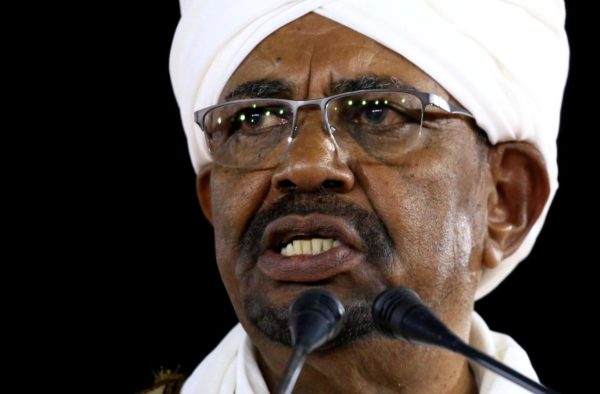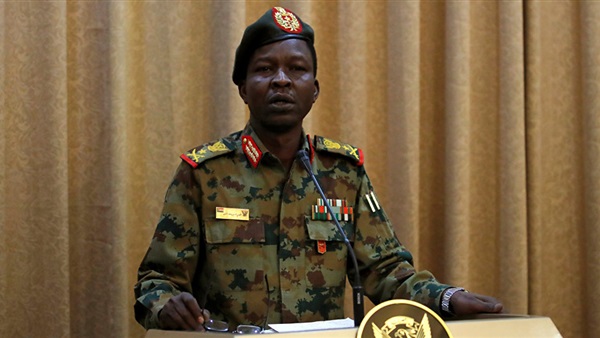
Sudan’s ousted President Omar al-Bashir has been questioned over suspected money laundering and financing of terrorism, the state prosecutor said in a statement on Sunday.
The prosecutor began investigating Bashir last month over accusations of money laundering and possession of large sums of foreign currency without legal grounds. Large sums of money were found in suitcases in his home.
Bashir was removed from office by the military on April 11 after months of demonstrations against his 30-year rule. He is also wanted by the International Criminal Court in the Hague for war crimes over the conflict in Sudan’s Darfur region.
Vision for country’s transition

In a related development Sudan’s Transitional Military Council said on Sunday it would publish its views for the country’s transitional period on Monday, its latest move in negotiations with opposition factions after the ouster of Bashir.
Protesters and activists have been negotiating with the TMC to form a joint civilian-military body to oversee the country until elections. But the parties are deadlocked over who would control the new council and over the features of a transitional government.
The Declaration of Freedom and Change Forces (DFCF,) an alliance of activists and opposition groups, sent the military council a draft constitutional document on Thursday containing its vision for the transitional period. The DFCF was expecting a response in order for negotiations to proceed.
The constitutional draft, seen by Reuters, outlines the duties of a sovereign transitional council which the opposition groups hope will replace the TMC, but does not specify who would sit on it. It also outlines the responsibilities of the cabinet and a 120-member legislature.
Lieutenant General Shams El Din Kabbashi, a spokesman for the military council, said the document was “good”, adding that while the council agreed on some of its points, it had its reservations on others.
Since Bashir’s departure, protests have continued and demonstrators have camped outside the headquarters of the Defense Ministry to demand a handover of power.
“We have said repeatedly that we will not forcefully disperse the sit-in and that we will continue to negotiate,” Kabbashi said on Sunday.
Kabbashi also said that the council is “serious” about arresting corrupt individuals, and could permit journalists and human rights activists to visit those already in custody.
REUTERS

Leave a Reply
You must be logged in to post a comment.